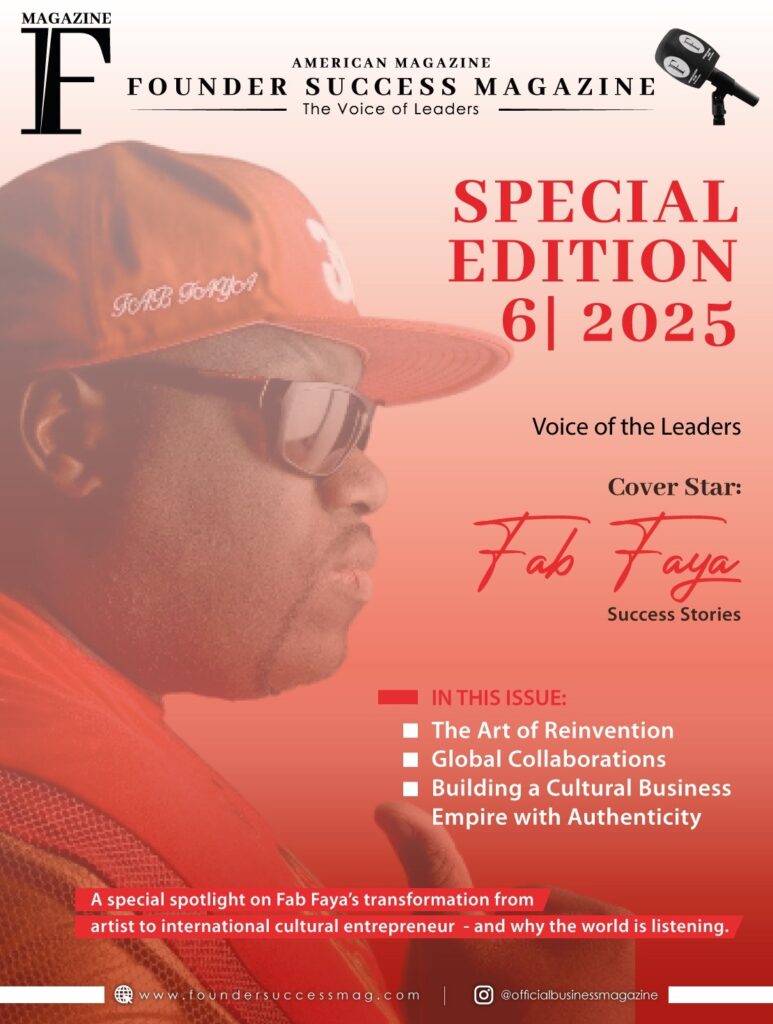
Beyoncé Reigns at the 2025 Grammy Awards
Beyoncé Reigns at the 2025 Grammy Awards By Founder Success Magazine The Grammy Awards 2025, held at Los Angeles’ Crypto.com Arena on February 2, was one of the year’s most
Beyoncé Reigns at the 2025 Grammy Awards
By Founder Success Magazine
The Grammy Awards 2025, held at Los Angeles’ Crypto.com Arena on February 2, was one of the year’s most anticipated music events. While the night celebrated many expected winners, it also delivered surprises that will be remembered for years.
Queen Bey’s Triumph
Beyoncé dominated the evening with her latest album, Cowboy Carter, blending country and Americana while celebrating her Texas roots and highlighting the legacy of Black cowboys. With eleven nominations, she became the first Black woman to win Best Country Album—a category historically dominated by white artists—and also took home the prestigious Album of the Year, a long-overdue recognition of her unmatched artistry.
Lady Gaga’s tears during Beyoncé’s win reflected the emotion in the room: the music industry’s queen had once again reshaped the narrative, breaking barriers while setting a new standard for excellence.

The Night’s Other Stars
Charli XCX and Kendrick Lamar stood out with multiple wins, while queer pop sensation Chappell Roan was crowned Best New Artist, delivering a heartfelt plea for labels to support and protect their musicians. Florida rapper Doechii made history by winning Best Rap Album, marking one of the few times a woman has taken home this honor.
Sabrina Carpenter, America’s new pop darling, also claimed her first Grammy for Best Pop Vocal Album and Best Pop Solo Performance for her hit Espresso. Dressed in a gold Versace gown, she delivered an emotional speech thanking her team, family, and fans, declaring, “This album means everything to me, and I love you all more than you can imagine.”
International and Unexpected Wins
The ceremony also highlighted global talent: French duo Justice and metal band Gojira, alongside Victor Le Masne, the musical director of the 2024 Olympics, claimed Grammy Awards. Even The Beatles made a posthumous return with their AI-assisted track Now and Then, showcasing the blend of innovation and legacy.
Memorable Performances
Performances from Doechii, Chappell Roan, Billie Eilish, Charli XCX, Raye, and Sabrina Carpenter captivated audiences, while icons like The Weeknd, Shakira, Bruno Mars, Lady Gaga, Cynthia Erivo, Stevie Wonder, Janelle Monáe, and St. Vincent delivered unforgettable live sets.
The 2025 Grammys weren’t just a celebration—they were a statement. Beyoncé’s wins, combined with emerging voices and global talent, demonstrated a music industry increasingly committed to diversity, innovation, and justice.
By Founder Success Magazine








